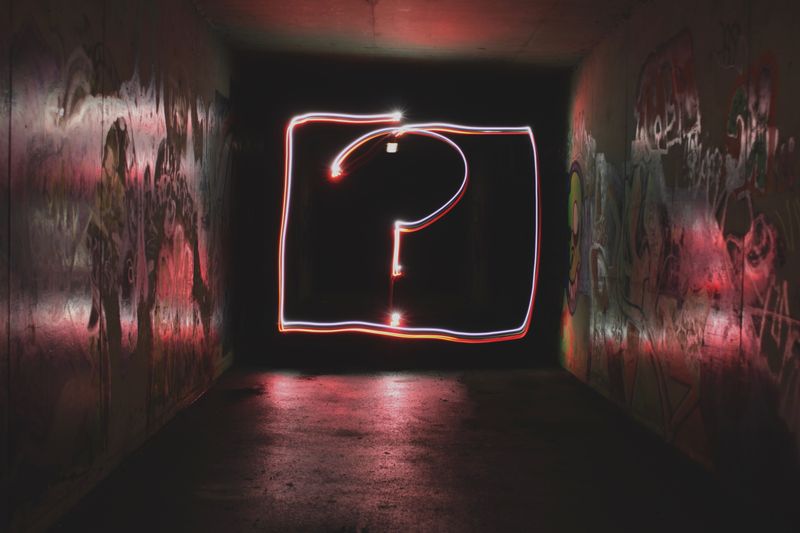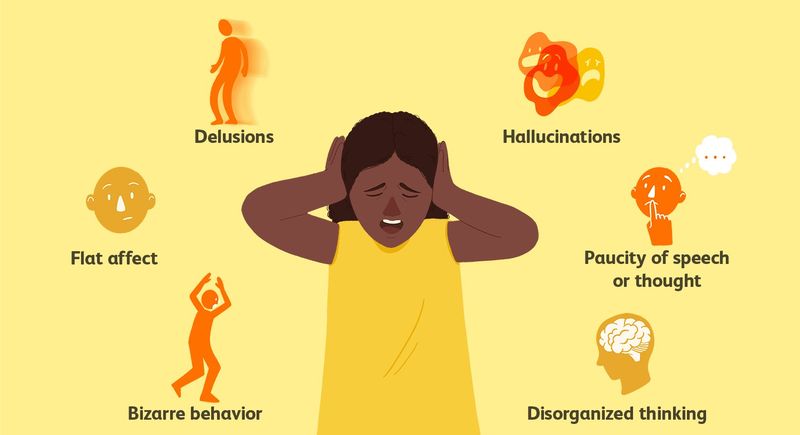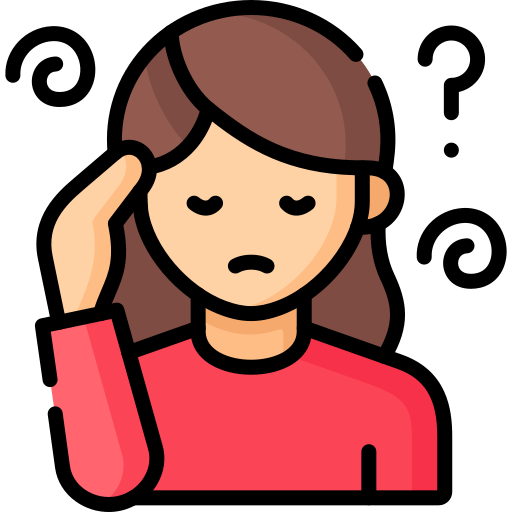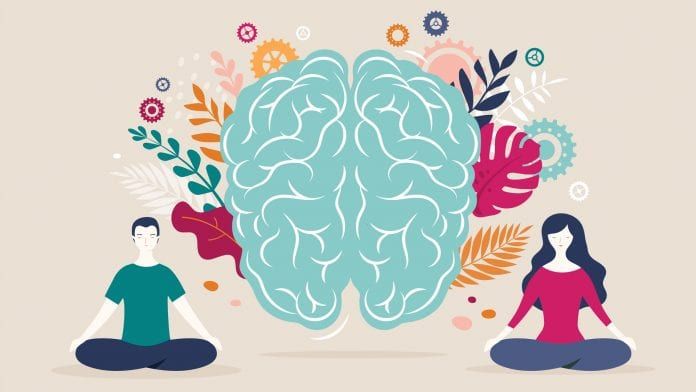Schizophrenia is a mental illness that impacts the way someone perceives reality and behaves. It's usually diagnosed in the late teens or early 20s.
The Who, When, And Why Of Schizophrenia
 Photo by Emily Morter on Unsplash
Photo by Emily Morter on UnsplashWho
Affects men and women equally
Rarely affects children under 12
When
Early symptoms of schizophrenia start to develop in the mid-teens.
It's most often diagnosed in the late teens to early 20s.
Why
Children of people with schizophrenia are more likely to inherit it
Stress, drug abuse, and pregnancy complications can also play a role
Early Warning Signs

Hallucinations
A hallucination is seeing, hearing, or smelling something that isn't there.
Hallucinations often accompany schizophrenia, but hallucinations alone don't necessarily indicate schizophrenia.
Delusions
Delusions are beliefs that are held onto in spite of evidence to the contrary.
A person with paranoid delusions may believe that friends and family are out to get them.
Poverty of Thought/Speech
Thoughts and speech may be shorter and slower than usual or have a flat tone. Thoughts may be bizarre and speech nonsensical.
Bizarre Behavior
This could include inappropriate laughter, odd or irrational statements, poor hygiene, difficulty concentrating, or carrying on conversations with no one.
Scenario: Avia

Avia just turned 23. She was fired from her hostess job because she argues with customers and tells them off. She thinks that these customers are actors her mom hires to come to the restaurant and cause problems for her.
Avia uses cannabis every day, doesn't have a lot of motivation, and has been diagnosed with depression.
Avia's mom is concerned that her depression diagnosis isn't right and suspects schizophrenia.
Quiz
What should Avia's mom do?
Take Action

It's important not to jump to conclusions if you or someone you know have early signs of schizophrenia. These symptoms can also be part of other mental illnesses.
Before you consider treatment:
Your feedback matters to us.
This Byte helped me better understand the topic.
